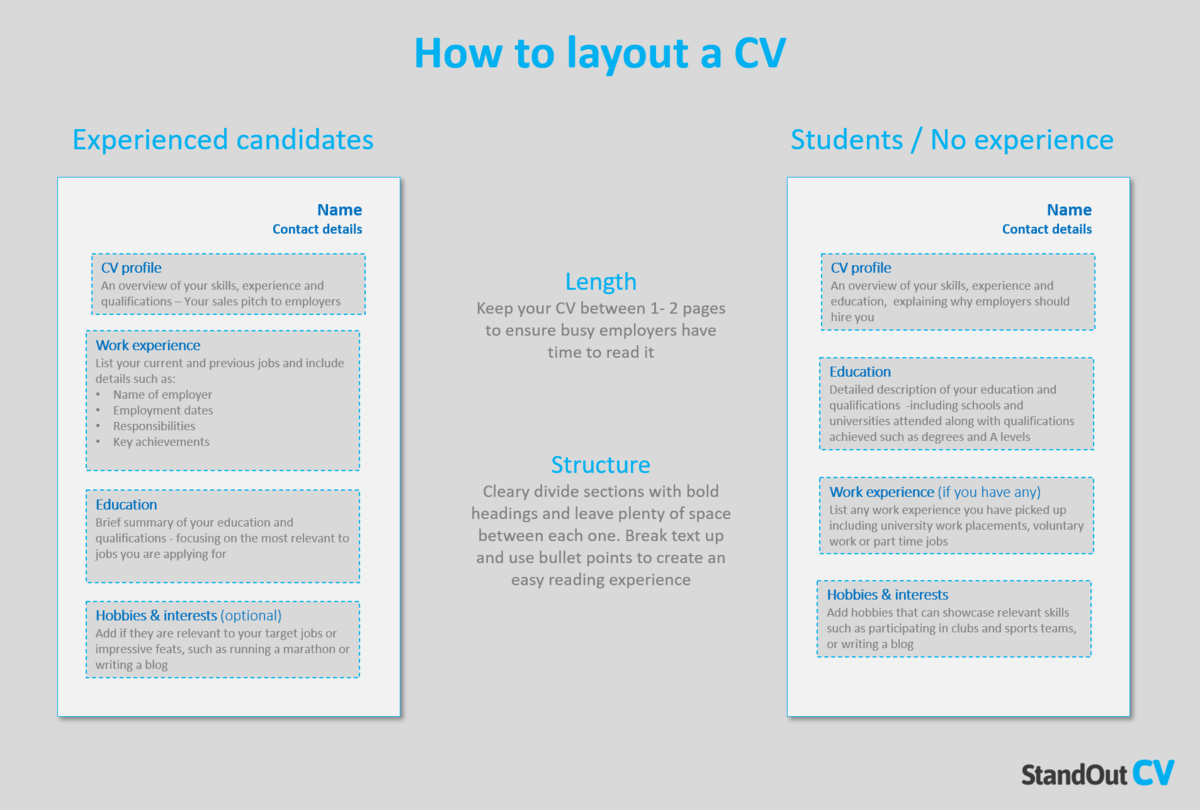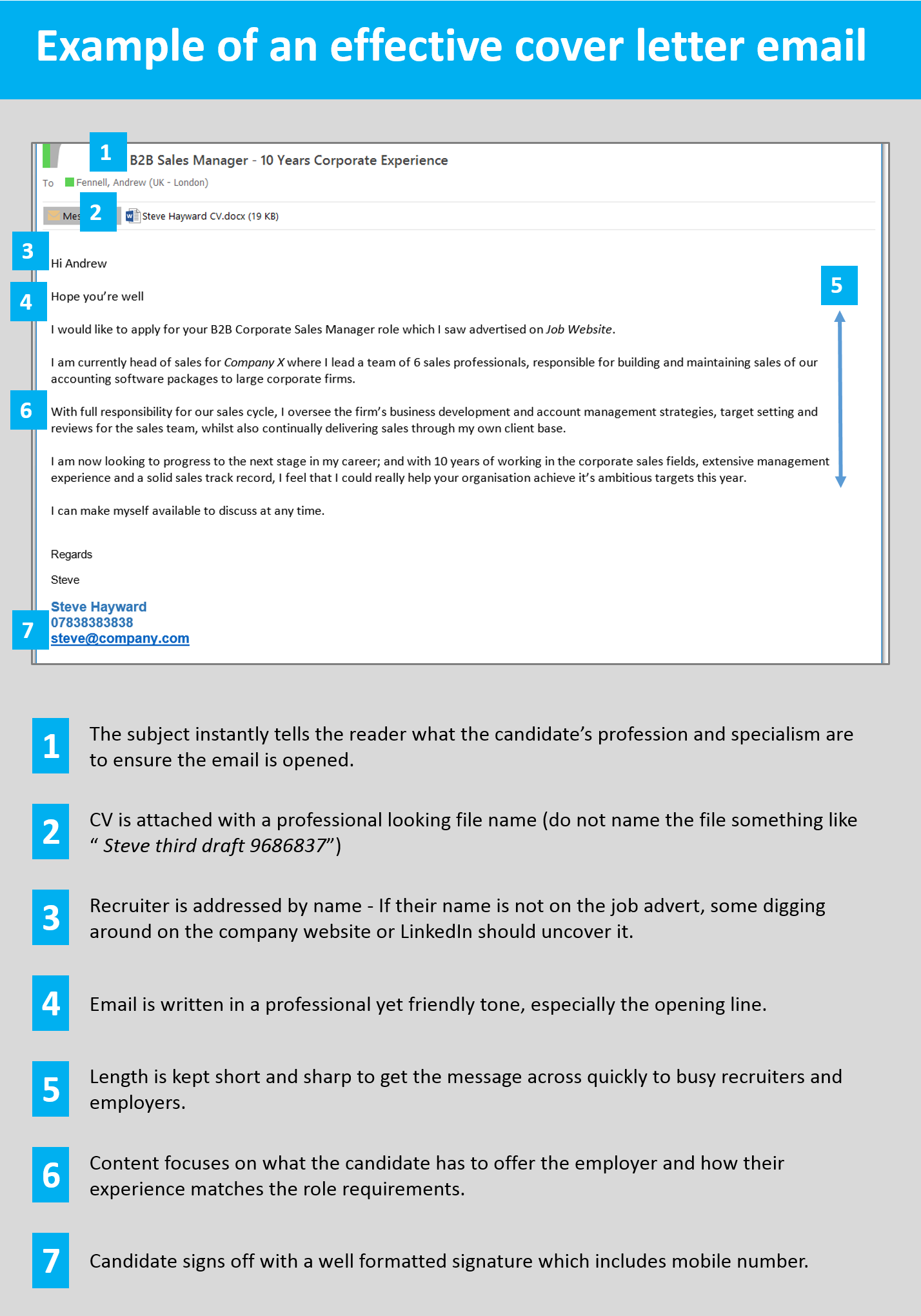How many job applications do you need to make before you actually get offered a job?
Well, we wondered the same thing, so we surveyed 1,000 job seekers to find out.
Check out our findings below along with a range of job application stats and data from trusted sources across the web, and some of our own findings and analysis.

How many applications does it take to get a job?
Our survey found that the average job seeker needs to make 27 applications to land just 1 job interview.
From our previous research, we also know that companies interview an average of 6 candidates for every vacancy – giving each candidate a 1 in 6 chance of getting the job.
Based on these findings, we can deduce that the average person has to make 162 job applications to land a job.
This may seem like a lot, but these are average figures and there are lots of factors which affect this number – such as industry, job title, seniority, and the quality of job applications being made.
We also have to remember that job applications are extremely easy to make nowadays, with many job-sites offering a “one-click” application method.
Job application statistics
Here are some further figures on job applications from our previous studies – where we have gathered data from a range of sources across the web.
- The average job seeker takes around 122 days to secure a job offer (roughly 4 months)
- The average job application process is 28 days long (from application to offer)
- The average job seeker spends 6.5 hours per week job-hunting and makes 16 applications per week
- Millennials will spend 46 months applying for jobs throughout their lives
- It takes the average person 3.8 months to get a job.
- A “low-skilled” vacancy will receive an average of 506 applications, and a “high-skilled” vacancy will receive just 55.
- Recruiters spend an average of 6-8 seconds reviewing a CV
- 98% of large companies use automated systems to review CVs and only 1 in 4 CVs reach a human
- Only 2% of candidates who apply for a job are selected for interview.
- Less than 5% of candidates reject an interview offer from an employer.
- It takes an average of 5 interviews to land a job, according to our recent survey of 1,000 UK job seekers – see full details here.
Factors which affect how many job applications you have to make
The above statistics can make for pretty depressing reading, especially if you’re about to embark on a job search.
You are probably thinking, “Surely I don’t have to make 162 applications to get a new job?”
Well, the good news is that you might not have to make that many.
There are a wealth of factors which affect how many job applications you will have to make to land a job – which means that you personally might not have to make as many.
Here are some of the most important ones.
Job title
The job you are applying for will have a big effect on the number of job applications you have to make.
Generally speaking, the more popular your job is, the more candidates will be competing for the job, therefore the more applications you’ll have to make to increase your chances of getting noticed by an employer.
For example, a vacancy for a common job that can be carried out by a large percentage of people in the population (such as a shop assistant) will usually attract hundreds of applications, and many of the candidates will have the ability to carry out the job. This makes the odds of being selected very slim for any one candidate.
Conversely, a vacancy for a skilled and more niche job such as a biomedical engineer, will attract a much smaller pool of candidates, and because the job requires a specific skill-set, it’s likely that a fair portion of those candidates will not be suitable for the job. This makes it much more likely for a qualified candidate to be noticed and selected.
Seniority
As you climb the career ladder and become more senior within your profession, the number of job applications you have to make will decrease.
Senior roles, such as management positions and specialist roles that require years of experience, have a smaller pool of people competing for them than entry level positions. This is because there are less people in the population who can carry out the job, and who are willing to apply for them.
Industry
Some industries are more popular than others, which means they will draw in more candidates.
This comes down to factors such as pay, conditions, and public opinion. Of course, these factors change all the time, so there is never one industry that will remain popular forever.
If you’re applying for jobs in an industry that is currently very popular, you’ll be competing against more candidates than if you were applying in a less-popular one – meaning that you’ll probably have to make more applications to get shortlisted.
Method of job application
How you apply for a job can have a pivotal impact on the success rate.
For example, if you’re applying for jobs purely via job websites, then you’re CV is going into a pile of competing CVs to be reviewed by a recruiter you’ve never met – making the odds of being selected relatively slim.
However, if you heard about a job through networking with an ex-colleague and sent your CV directly to the hiring manager before the job was advertised, along with a recommendation from your ex-colleague – you stand a much better chance of getting an interview.
More targeted direct methods of application will usually result in having to make less applications before landing a job.
Job application quality
If you make targeted, high quality job applications which make a good impression on recruiters, then obviously you will have a much better success rate than somebody who fires off their CV to every job advert they see without putting much time or effort into it.
The higher the quality of your applications, the less you will have to make before getting an offer.
Time of year
Certain times of year are better than others when it comes to getting job offers.
The summer holidays and the lead up to Christmas (Nov – Dec) are notoriously quiet periods in the workplace, when many people are away or winding down. Sending job applications during these months will almost certainly result in a barrage of Out-of-office replies, but few responses – certainly increasing the amount of applications you will need to make.
How to reduce the amount of job applications you need to make
So, if you want to land a job without sending out hundreds of applications, how do you do it?
Here are a few tips…
Focus your job search
Before you start sending applications, you should decide on the specific type of job you want, and stick with it throughout the search.
Sometimes in life, it might be true that you just need a job, and anything will do – but applying for lots of very different jobs is not usually a great way to get responses quickly. It usually mean that your CV and applications will look very generic, and not appeal to any particular hiring requirements.
If you decide on a specific job type, you learn exactly what skills the job requires, and you can tailor your CV and applications accordingly.
This way you are much more likely to get responses from your applications – reducing the amount you will have to make before getting interview requests.
Write a strong CV
Your CV is the only thing recruiters have to judge you on, so if it’s not well-presented and doesn’t accurately reflect your skills – it will not earn you many responses from employers.
Take the time to learn how to structure and format your CV effectively, and highlight the information recruiters will be looking for.
An attractive CV will result in much more responses than a bad one, and will reduce the amount of applications you need to make.
Always write a cover letter
It can be tempting to skip the cover letter when you’re applying for a role, but they really can make the difference between being selected or not.
All it takes is 2-3 sentences to introduce yourself and explain why your CV is worth looking at.
This will make recruiters much more receptive to your message, and much more likely to open your CV.
Track and follow up
If you’ve applied for a job that seems perfect, don’t forget all about it a week later.
Track all of your applications (you can use a spreadsheet like this one) and follow up on the ones you don’t hear back from.
Sometime recruiters and hiring managers are just extremely busy, and may have just missed your original email.
A timely and polite follow-up email can you get you back on their radar, and could even result in an interview and offer – saving you from making tons more new applications.
How many job applications should you make per week?
There is no set rule for how many job applications you should make every week, but it’s good to set yourself a realistic target.
Here are some guidelines for different situations:
- Casual job seeker – If you are happy in your current job but interested in seeing what other opportunities are out there, you could comfortably apply for 1-5 jobs per week.
- Motivated job seeker – If you are desperate to get away from your current employer, but still working full-time, try to apply for 5-10 jobs per week.
- Unemployed job seeker – If you’re unemployed and keen to get back in the workplace you should be aiming for 25 job applications per week or more.
It’s worth noting that some circumstances will not allow you to apply for as many jobs stated above, for example if you are CEO looking for your next position, there probably won’t be enough suitable jobs for you to apply for 10 per week – so adjust for your own situation.
Also keep the focus on the quality of applications and don’t rush your applications to try and meet a numbers target. It’s better to send one good application, than 5 bad ones.
How long should you spend job hunting?
If you’re currently unemployed then you should be able to dedicate 5-7 hours per day to job seeking.
If you are still working then try to spend at least 1-2 hours per week job seeking in the evenings, and maybe 2-3 hours during the weekend.




